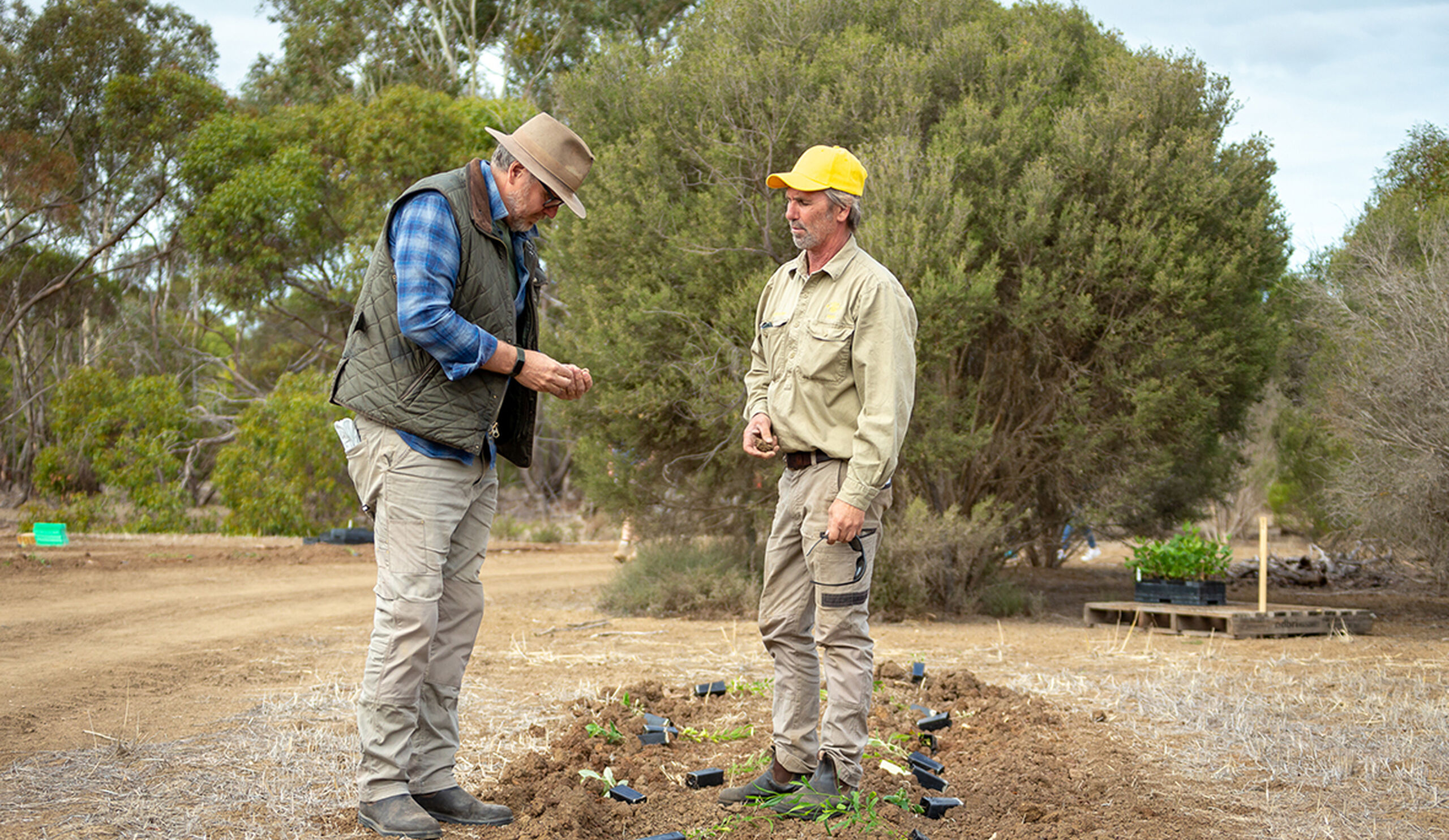11 June 2021
Some years ago now there was an important amendment made to the Èé½»ÊÓƵ School Aims. As an aspirational idea capturing the excitement of a Èé½»ÊÓƵ education, one aim relating to student development used two words: ‘realising potential’. This is a contemporary word coupling used particularly by schools, and you occasionally see it in other aspirational statements associated with human-rich organisations.
We debated the words for some considerable time. In the end we settled on a new coupling: ‘exploring potential’. Why?
‘Exploration’ denotes an open-endedness. It offers the possibility that potential may or may not be realised and that is important—one tends to think of realising potential as inherently positive but would not want the potential to be bad to be realised, for example. Exploration, however, opens the imagination to the possibility that one potential can merge with another, change shape and float tantalisingly ahead of capability, interest or desire. It offers a counterweight to the occasionally heard and in my view often negative or over-invested demand placed on students by others or themselves that: you ‘could have been’, rather than ‘who you are’, ‘who you have become’ and ‘what you now want to pursue’. Exploration affirms the process it takes, not just the end that someone or you may desire.
Without exploration, education is fated. The skills, knowledge, understanding and character traits that are essential to learning develop through exploration. You don’t just work hard—you choose to, need to, want to; you don’t just know an idea—you are taught it, engage with it, come to know it. It is exploration that brings education to life.
To explore is tough. You are constantly in dialogue with what is known and unknown to you. At once you are open to what lies beyond the horizon of your understanding but how to get there is not yet known. It is emboldening to steer the course regardless and feel an energising and joyful experience associated with grasping anything new. You don’t realise potential; you experience and explore it.
We can close opportunities for deep and profound understanding when we cease to explore. Our creative and intuitive selves get pushed to the edges of the learning experience. When I think of the first people to land on the moon I don’t just consider what technology made it possible to get there; I also consider what it felt like to be there. Imagine considering a new abyss compared with a familiar one. I want to use words like awe and wonder, not just results and effort. I want to explore the experience. The potential to get there was realised, but the potential from there is equally important.
At the heart of all good educational programs is the mandate for students to experience the unfamiliar—to be explorers. In a holistic setting it is exploration of the potential of the mind, body, soul and society, together and alone, that really makes schooling come alive.
Luke Thomson
Principal


